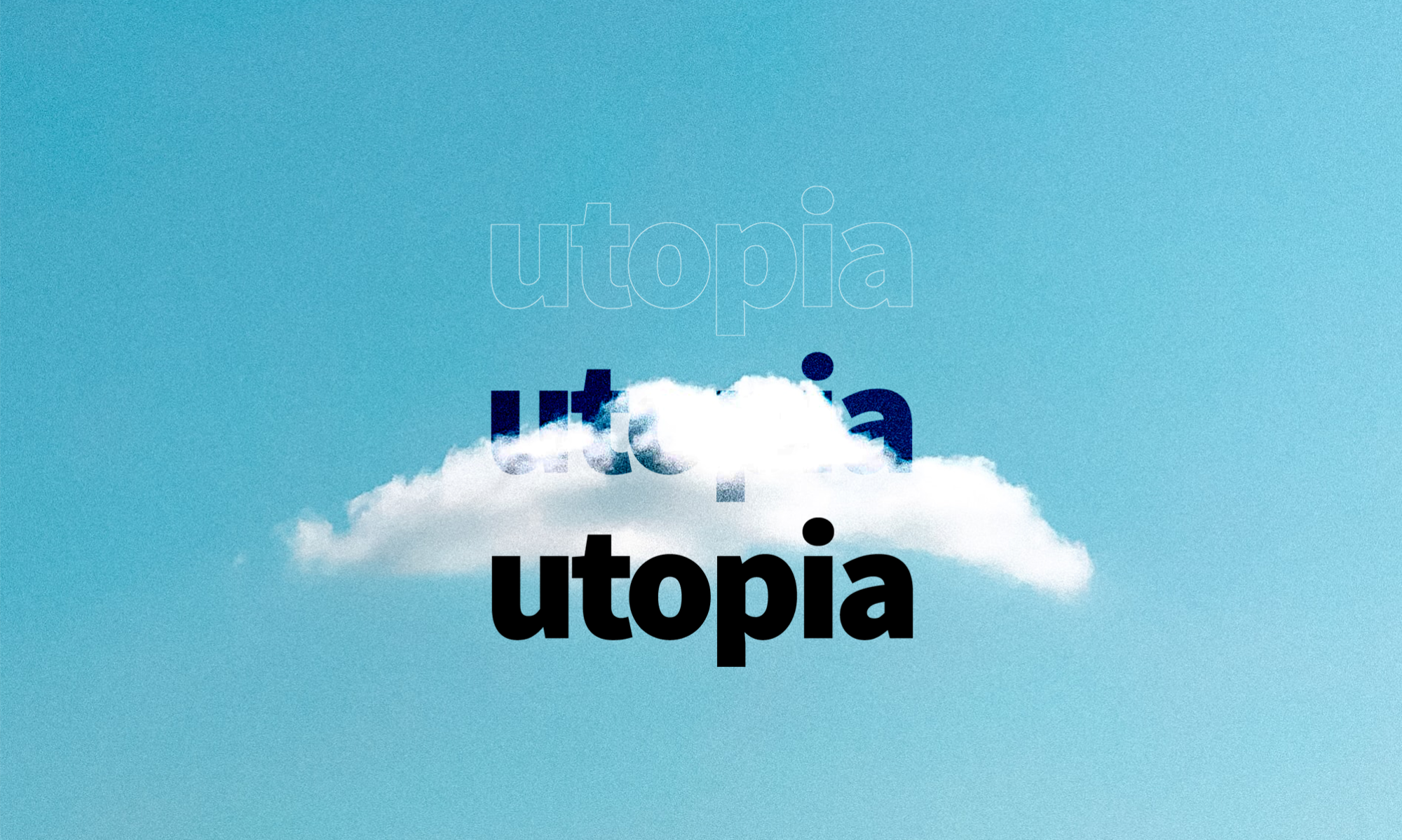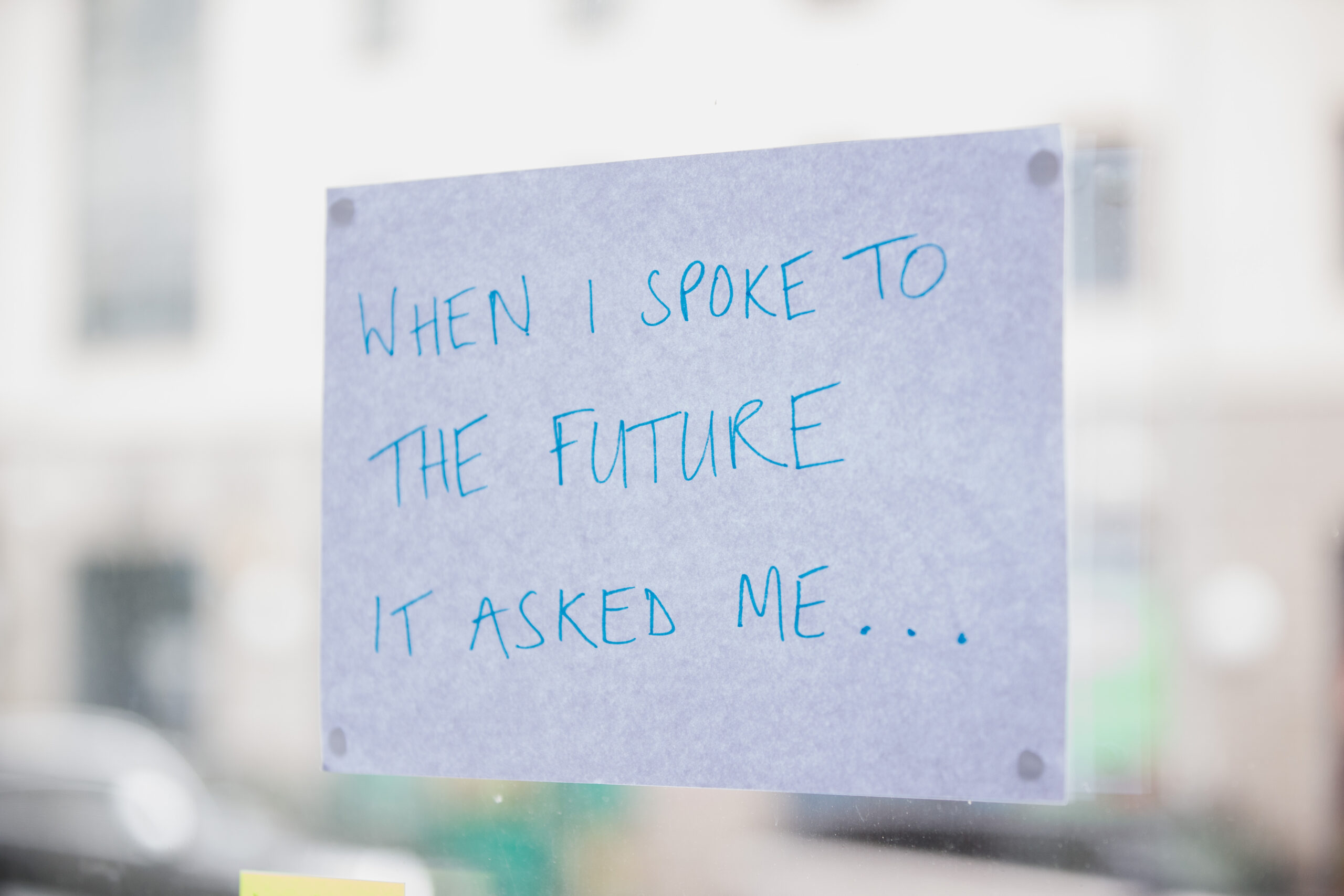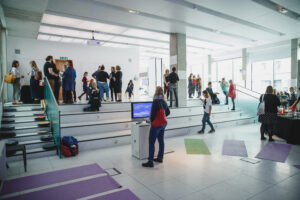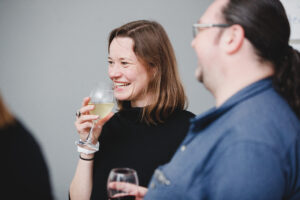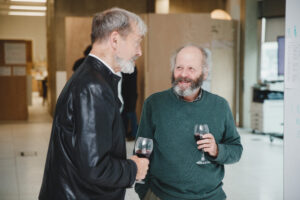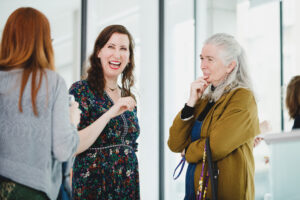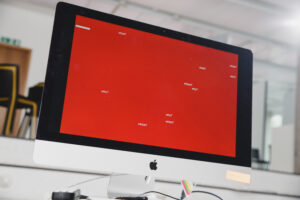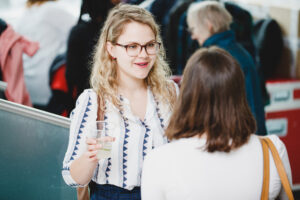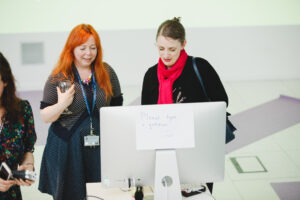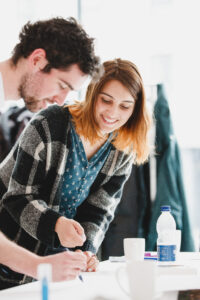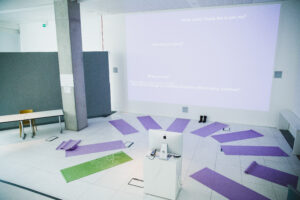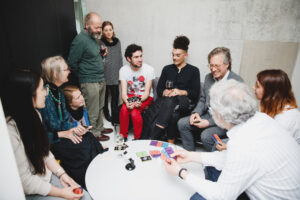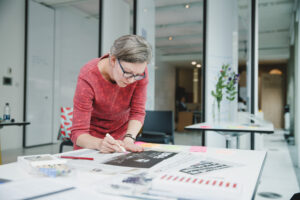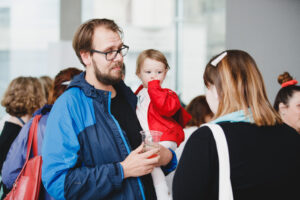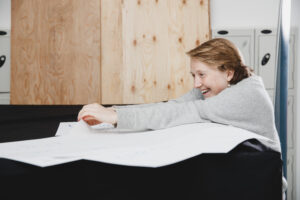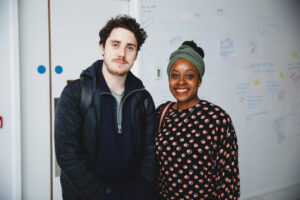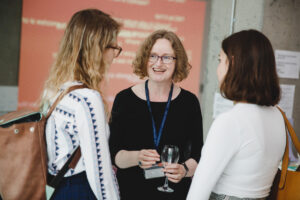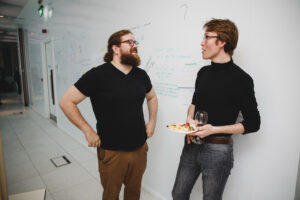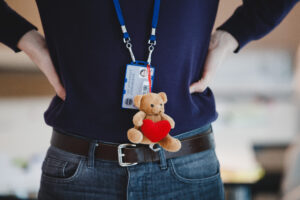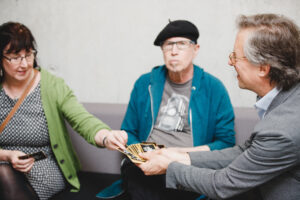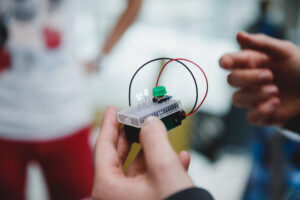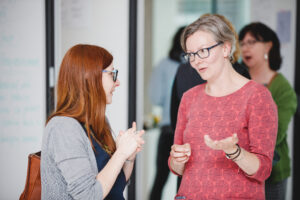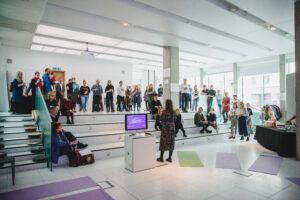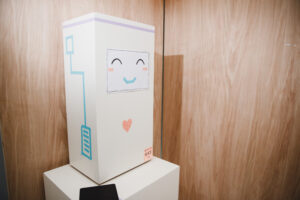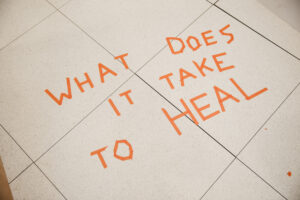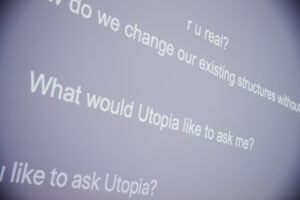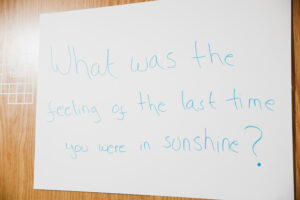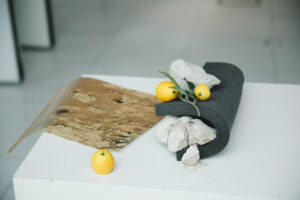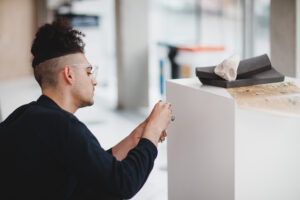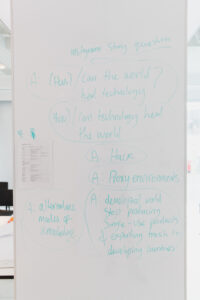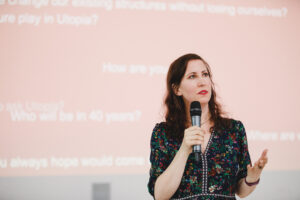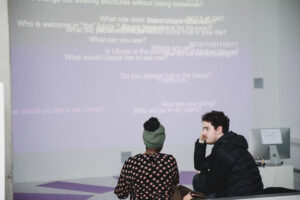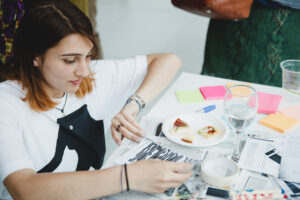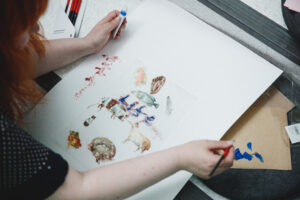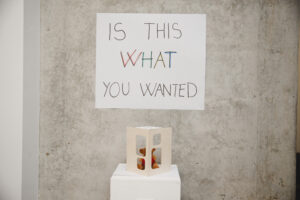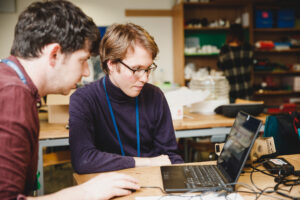When I was first dreaming about creating a residency project at the University of Edinburgh to help people find space, connect their minds with their hearts/bodies, and explore futures together, I needed a shimmering central idea to focus the residencies and I stumbled across ‘utopia’ in my research. What especially interested me was finding out that before Thomas More’s book Utopia was published in 1516, utopia meant something rather more open than the vision of a perfect society that we associate it with now.
“The word comes from Greek: οὐ (‘not’) and τόπος (‘place’) and means ‘no-place’ and strictly describes any non-existent society ‘described in considerable detail’.” Lyman Tower, Sargent (2005)
It was this idea of a ‘no-place’ that we could travel to in our lab/space-time machine, in order to conduct collective thought experiments about possible actions in a variety of worlds, which really caught my imagination. Could we use this concept of utopia as a way to generate ideas which would be useful in our world and time?
The first Utopia Lab was an experiment to explore that question. I was committed to keeping the day-to-day framework as open as possible in order that the group could truly co-create its working method, and designed a structure that invited intimacy, communication and sharing from the start. We began and ended each day with yoga and meditation, and lunches were a time of communion and community. Almost the entire first day of the lab was given over to presentations from each of the 9 Utopians, as we came to call them… sharing themselves, their history, their practise and their views on the concept of utopia. This felt like a huge sacrifice of time but one that was so worth it in that we could move more quickly into much deeper realms of thought and communication because we had an intensive understanding of one another from the start. The Utopians came from wildly different disciplines and backgrounds, but this initial sharing broke down barriers and helped build linguistic and imaginative bridges.

We also discussed the fact that utopia is a weighted word and concept itself – having been used for disturbing purposes in the past by fascists and other parties who were employing the seductive aspects of the word to achieve their own ends. Also that we, as a small and relatively privileged group of people in a university in Scotland might not be best placed for all sorts of reasons to make decisions about how to make the world a better place for everyone else… but we decided that should not stop us from thinking about what kind of world we hoped to live in and wished for others and for future generations.
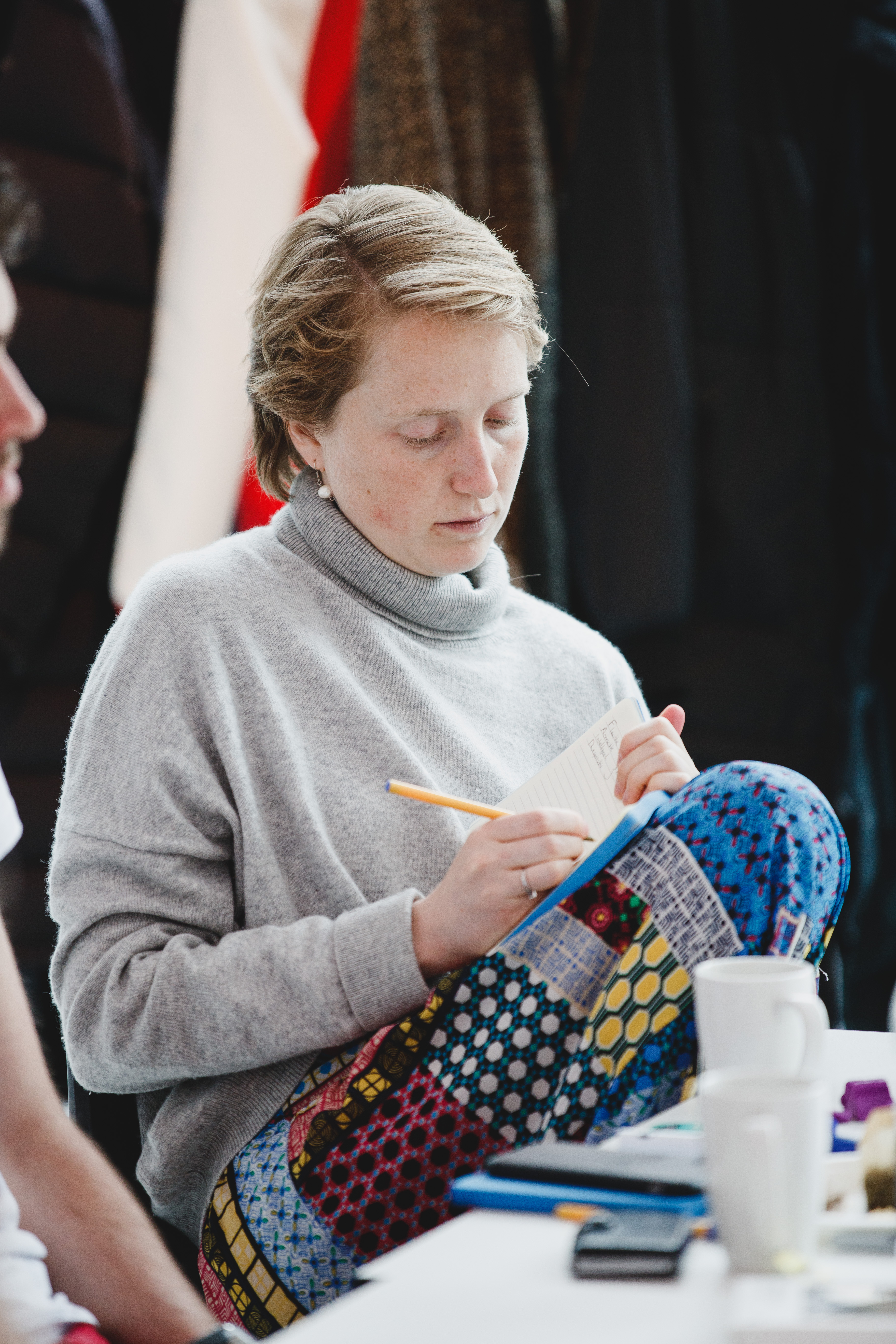
The nine participants were a mix of staff and students from within the University, with two externals. It is hoped that the Utopia Labs, should they continue, will always consist of a mix of staff and students, internals and externals to the University, as there is so much richness to be had from this diversity. Meet the Utopians and explore their reflections of the Utopia Lab experience here.
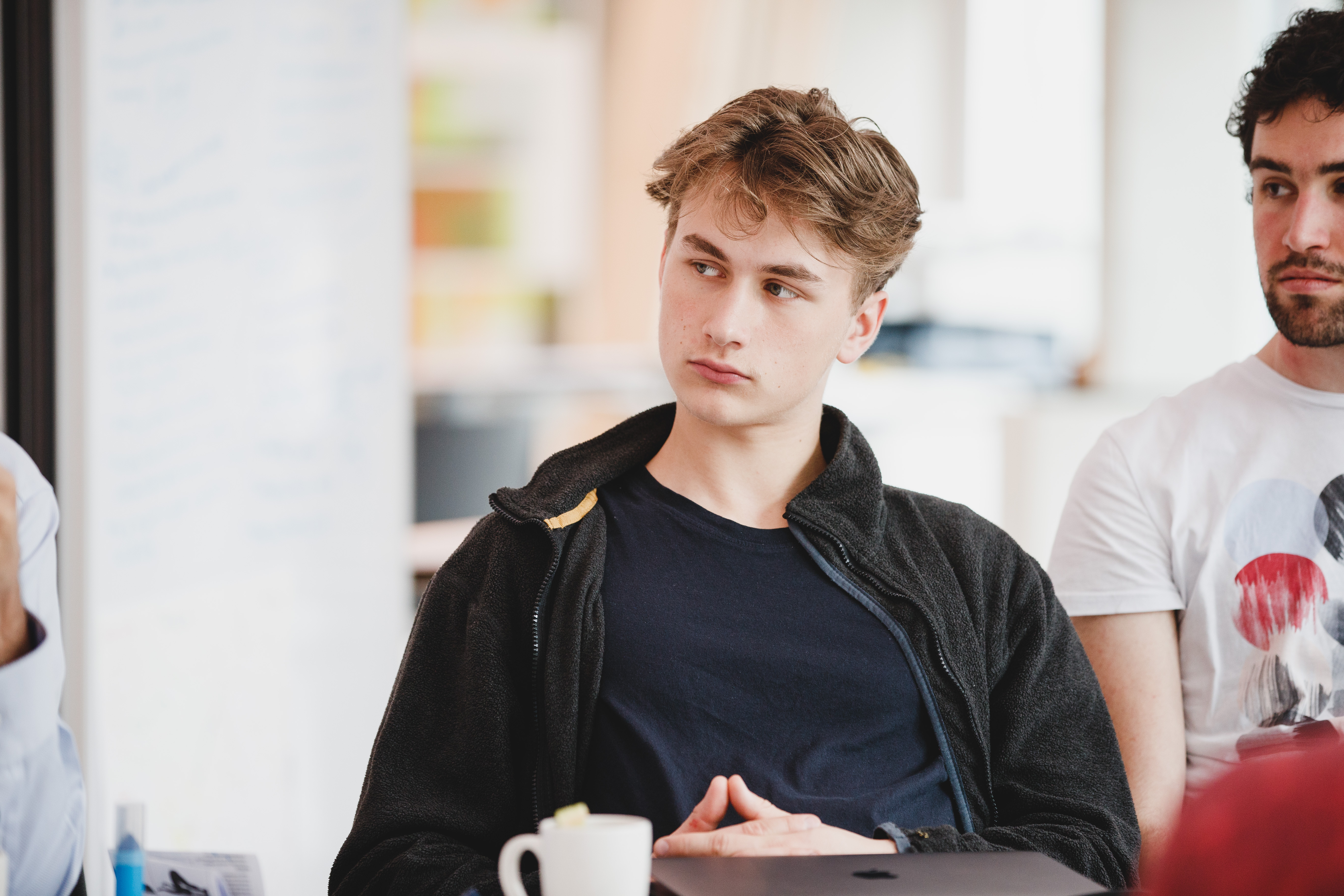
One the second day, the group considered possible collaboration frameworks which could be used to guide their work together for the duration of the residency (design sprint, voting, individual or group work, etc). They were invited to present proposals and one of the participants, Riel Miller (Head of Futures Literacy, UNESCO), offered his Futures Literacy Lab Framework [2]– which he has developed and implemented in group settings around the world, as a way forward. The group decided to adopt this framework, but with a few caveats such as insisting that the process could be paused or adjusted as we went along if the group wanted to add in different elements. This happened very early on as another participant, Writer and UoE Deputy Programme Director, MSc in Creative Writing (Online), Jane Alexander, offered to run a creative writing exercise with the group in place of one of the early elements of the Futures Literacy Lab. This was accepted and worked very well and was a beautiful example of how the group was able to collectively co-create and adapt within a short period of time and using tried-and-tested models.

Throughout the day the group explored the concept of utopia and futures thinking, and generated an enormous amount of fascinating material based on ‘visiting’ a future version of our current world, and then a future version of a ‘utopian’ world. Imaginatively exploring various concepts within these future worlds allowed the group to consider many possibilities including ideas around our own inability to effect positive change – for instance, because our attempts to improve the world now often have unseen and damaging consequences in the future. Rather than being disempowering, this was a remarkably humbling and creative realisation, and struck the group as potentially a much more useful starting point for thinking about our actions now than our typical one of having to be convinced of our own efficacy and rightness in order to effect change.
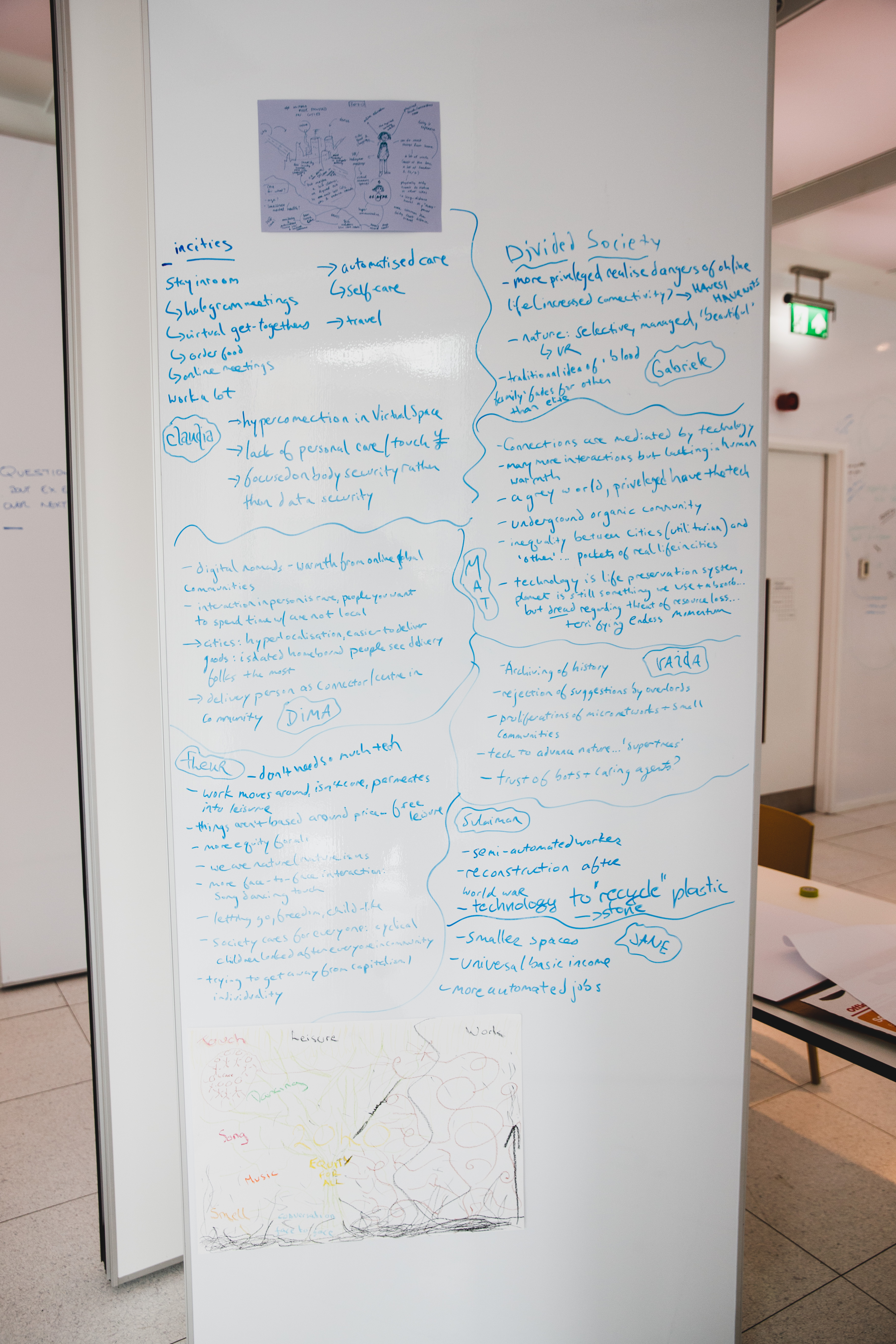
The group had also been asked to consider a ‘Utopia Question’ as a trigger for the thinking of the lab. This question was ‘How can technology help the world to heal?’. From early on, it was clear that the group was critical of this question in various ways, and a critical viewpoint was welcomed. We considered the idea that technology is a complicated word with many possible definitions (the printing press, the internet, mobile phones, spaceships) as is ‘healing’ – what are we healing? Who are we healing? Who are we to heal anyone or anything? All of these complex reflections were an important part of the thinking throughout the lab.
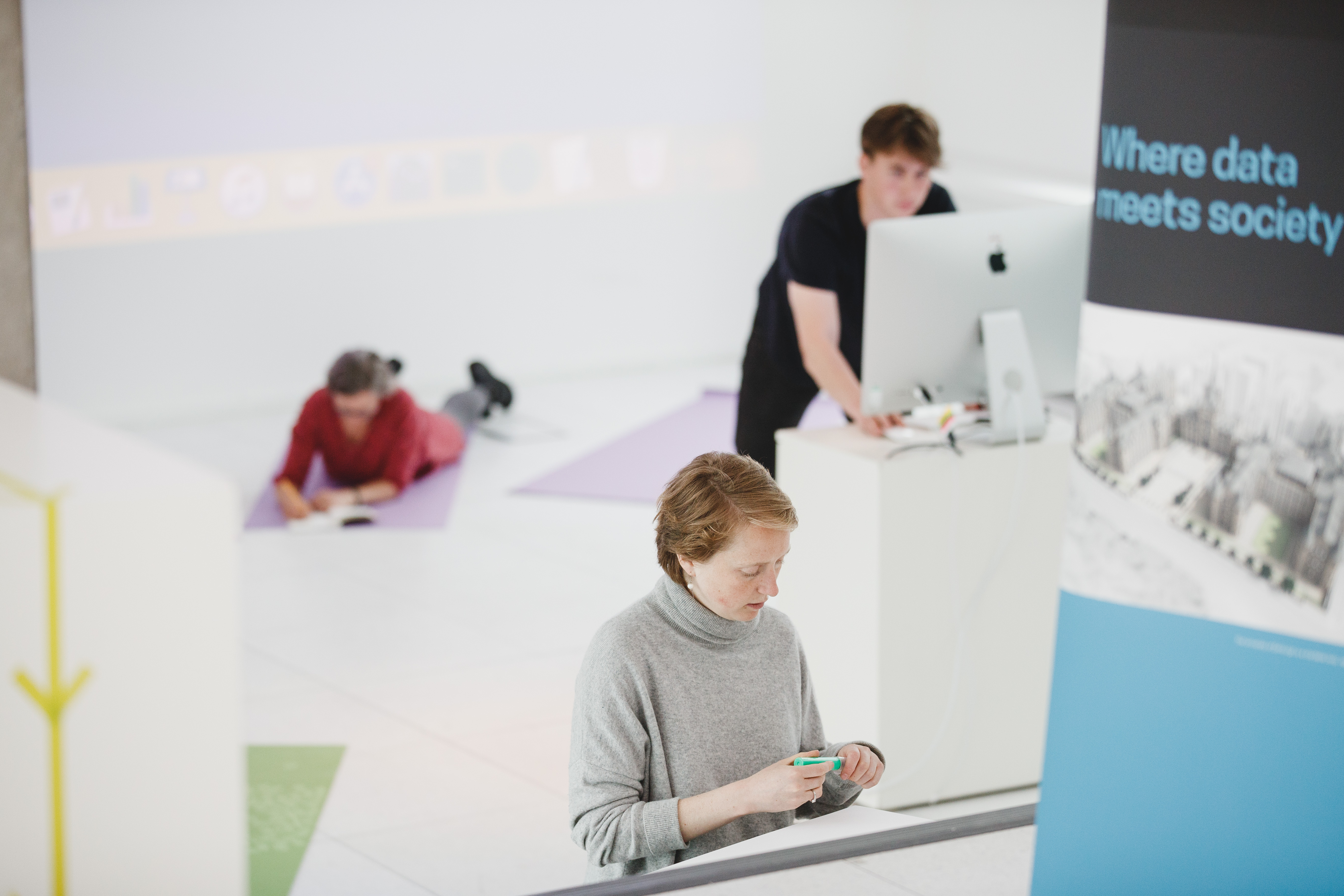
In the middle of the second day, the group travelled from Inspace where we had been working up until then to the uCreate Lab at the Library, where we received a tour of their amazing space and an induction to the use of their extensive equipment. This was a brilliant and eye-opening break in proceedings and certain elements of the final exhibition were created in this space.
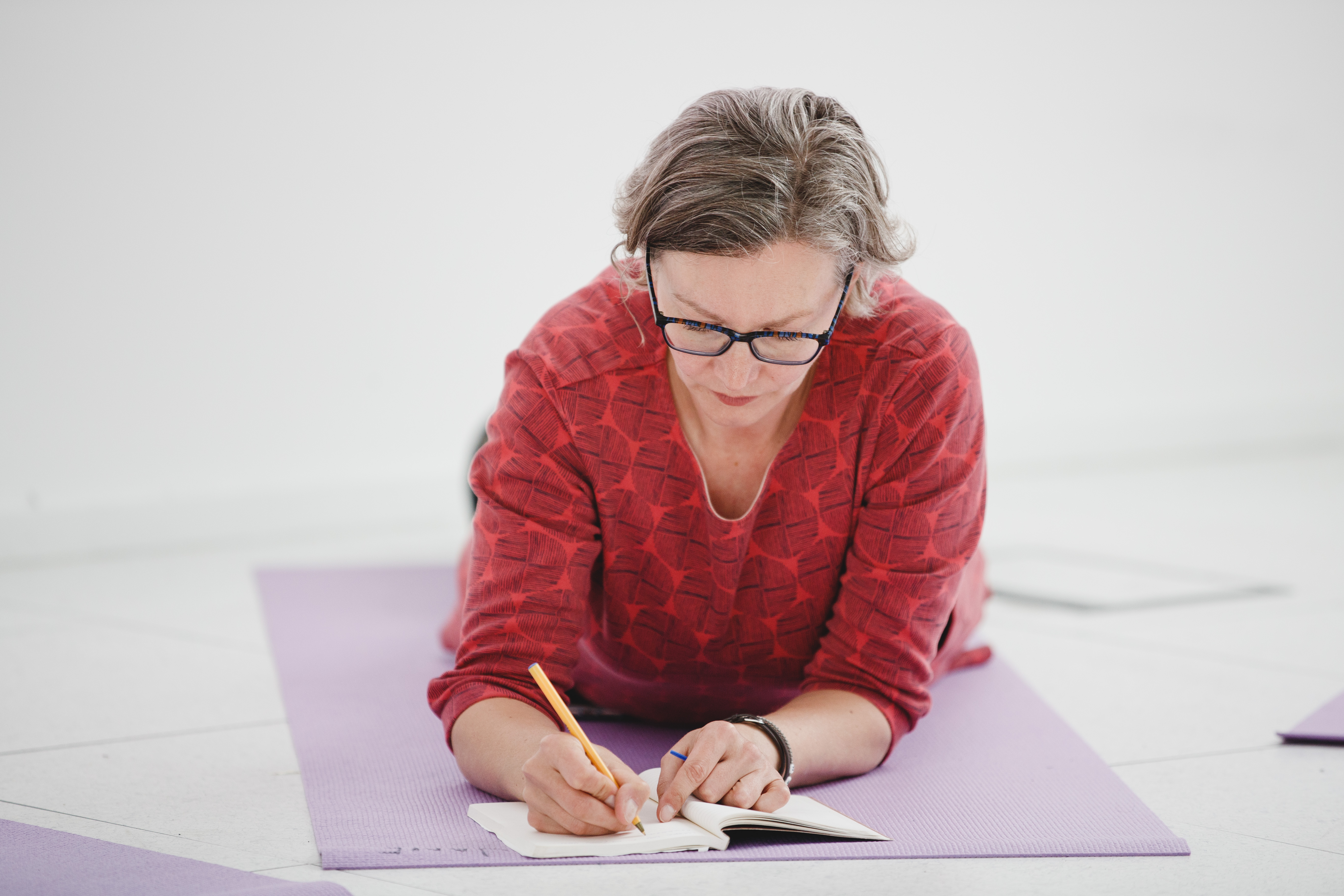
By the third and final day, we both had a sense that time was flying by but also that we had opened up a different – no-space – time/place in which we could move and think without the usual pressures and stresses of our daily lives. The first half of the day was spent reviewing the process and thinking thus far and discussing possibilities for the showcase which would take place that evening. It was not until after lunch that we mobilised into the ‘making’ which would result in an exhibition of utopian objects and thinking for an audience of more than 60 people, who arrived at 5.30pm.

The work in the exhibition, considering the time constraints, was extraordinary – as well as the energy in the room. Here is a selection of photos from the event.
(c) Andrew Perry
What did we learn? So much! This was a totally different way of working for most of us… more open, with much more emphasis on the process than on outcomes and results. Our sense of time changed, we seemed to have more time even though we had very little, and we often were reminded that we were embodied rather than merely the thoughts in our heads. We got to know each other in meaningful and intense ways, and we got to know more about ourselves. We discovered news ways of creating and communicating, of thinking together in a group, and that freed us up by the end of the workshop to create quickly and meaningfully, both individually and in small groups. We learned to ask more questions, to listen more and to be more at peace in places of insecurity and uncertainty.

Though it may have been useful to have more time to perfect the sharing and to develop presentations to make the work more explicit for the audience, there was something magical about how so many interesting objects and creations came into being in such a short space of time. So much of what we realised as a result of our thinking was that utopia is about what you can create within yourself, and that thinking about the future means accepting the humility of the ‘no-space’, a crossroads where nothing is assured and where, in a way, we are all completely powerless – where we are deliriously, deliciously falling while being held by nothing other than our own imaginations. The question ‘How can technology help the world to heal?’ was replaced with a desire to question everyone and to hear everyone’s questions… what is your vision of utopia? What is your question for the future? And it is in that true group, social, collective, global thinking that we might have a chance to really consider where we want to end up, tomorrow or… as it happens… today.

THE UTOPIANS
Here we introduce each of our 9 Utopians and they share creative reflections on the experience of the EFI Utopia Lab pilot.
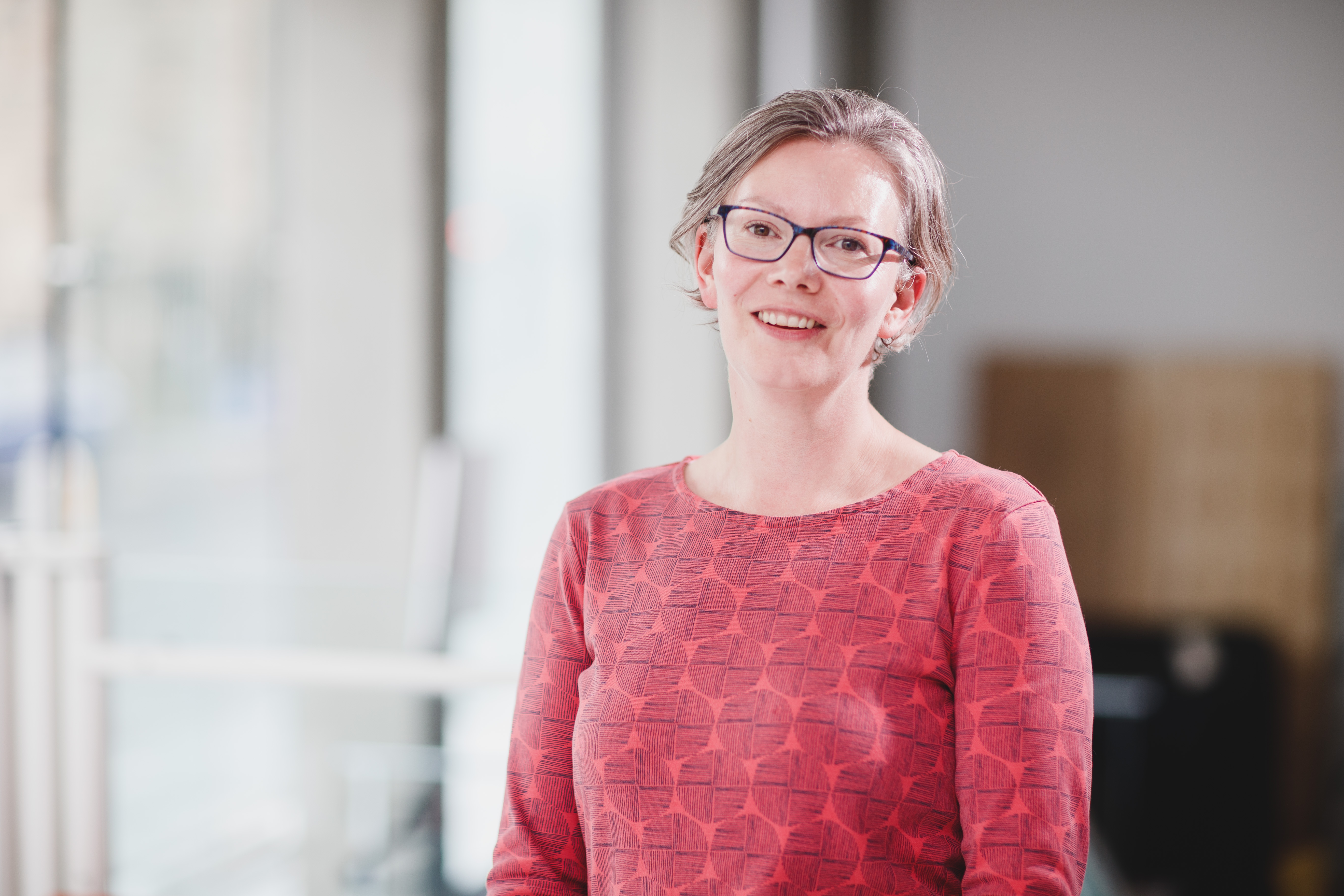
Dr Jane Alexander, Deputy Programme Director, MSc in Creative Writing (Online) , The University of Edinburgh
Utopia Lab was a collaborative ‘no-space’, a time and a place for contemplation, inquiry and innovation. Across our individual disciplines, we talked and we listened; we sparked off each other, generating light – and a little bit of heat, too.
Cal Newport (Deep Work, New York: Grand Central Publishing, 2016) has described how innovation tends to emerge not from interdisciplinary collaboration alone, but from a combination of collaboration and solitary work. He proposes a model he calls hub-and-spoke, based on the architecture of Building 20 at MIT, which in the aftermath of WWII served as an incubator for innovative research in part because its occupants – from many different disciplines, working on diverse projects – would frequently encounter each other in the intersecting corridors as they moved to and from their individual workspaces. It’s this combination of hub (the opportunity to exchange ideas and discuss problems with others) and spoke (the ability to retreat to a quiet, solitary workspace to pursue what Newport describes as ‘deep work’) that can enable new ideas and creative breakthroughs.
Utopia Lab, then, was the hub. Now we participants have retreated to our individual spokes to process the experience, what will emerge? For me, there will be stories. Perhaps there’s a story about a cardboard robot named Kate, and the encounter of human and diagnostic machine, the promise of self-perfection. Or there may be a story in the overlapping questions our visitors asked of the future, and how the future might reply, or in a game of cards that helps us invent our future. Each of these is a seed planted in the back of my mind, waiting – in quiet and solitude – to germinate.
Hub, and spoke. But there was a moment, at the end of the second day… One of us starts to write on the whiteboard wall: a word, a question. Sulaïman adds a drawing: a figure reclining, or falling, or perhaps it’s giving birth… Gradually, other people join in. Words and phrases become generative stems, twining and blooming. There are not enough whiteboard markers to go round, so we share, passing the pens from hand to hand without the need for speech. Our conversations develop in colour, in erasable ink: black challenges blue, red responds to green. We move in close, then step back, the way you might view a painting in a gallery; we navigate from side to side, then crouch or stand on chairs to stretch the map of our thinking down to the floor, up towards the ceiling. We are writing – drawing – to see what we think. To understand how our thoughts might mesh, merge, diverge. After two days of talk, it’s welcome, this voiceless way of working together. It’s an improvisation, a dance without music. It’s hub and it’s spoke. It’s beyond the binaries, and as close as anyone might come to collective thought. To a shared mind.
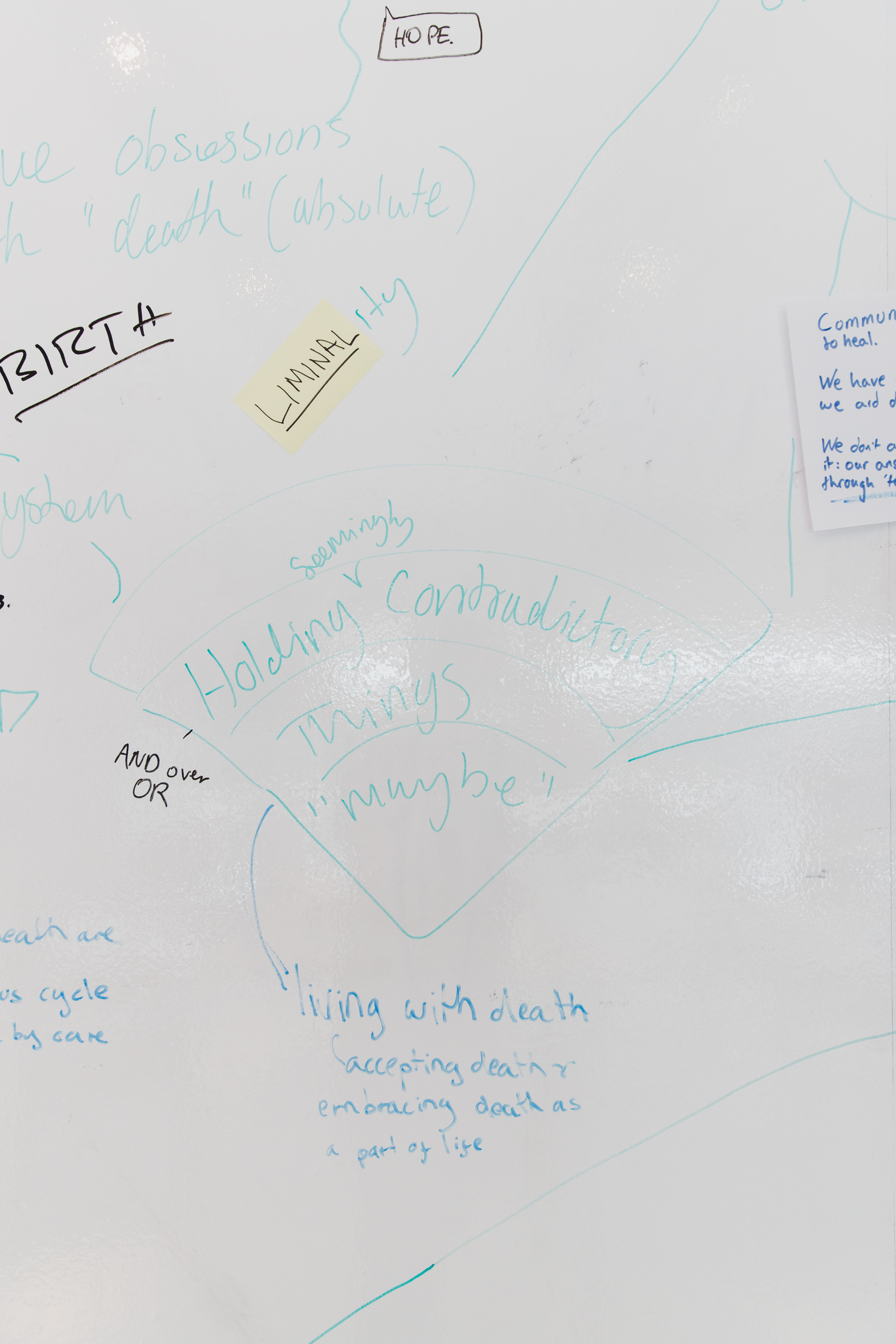

BSc Computer Science and Artificial Intelligence, 2017-2021, The University of Edinburgh
Dima created a piece entitled, ‘How many questions make utopia?’ It was a programme which allowed audience members to type a question into a computer, which then fed those questions onto a beautiful, colour-morphing large scale projection which accumulated over the course of the evening. These are the questions that were entered:
Where are we?,How are you doing?,How do we change our existing structures without losing ourselves?,What would Utopia like to ask me?,r u real?,What did you always hope would come true in your life?,Do you always live in the future?,What can you see?,What role does nature play in Utopia?, Who will be in 40 years?,What should I ask you?,Is Utopia is the second name of Mother Nature?,?????????,When will we arrive?,Why?,how do we sense enough?,Does Utopia have rules?,Tackling the Ecological and Climate Emergency is a huge challenge for those of us who yearn for Utopia. Discuss,Who is welcome in “the” future ? Do we have space for future(s)?,does it matter?,Thank you,Is utopia method or place ? ,Can you appreciate Utopia without a Dystopia?,00101110111011?,Isn’t it all OK?,How many questions are enough?,Why do we need to be healed?,Can you take me to Utopia?,Are we there yet?,Is Utopia singular or plural?,What is the future of listening,Why not?,Does Utopia have regrets?,What’s the weather like in Utopia?,SOLARPUNK???,What is not utopian about this place?,What language is spoken in Utopia?,What even is utopia?,What would you like to ask Utopia?,How are you?,What should I do with myself in Utopia?,How much wine makes a Utopia?,Don’t we all just want a cup of tea?,Safe is not talking?,How old is Utopia?,When?,Whats ur number ,How old r u ? ,asl?,In utopia… could I be a child forever???,How can we make this last longer?,Is utopia / does utopia (exist) in time ?,Do you pay the rent??,Have you cleaned your room?,But how is K.A.T.E. doing?,Does hope exist in utopia?,Do we care about hope in Utopia?,Does the past matter in Utopia?,What is the future of Utopia?,What is freedom in utopia?,Who isn’t there?,Are we travelling?,Is healing travelling?,Dystopian literature in utopia?,Do people stop to smell the flowers in Utopia?,Will be still human/e,How do we imagine a future that exists beyond the Frame of social reproduction?,pic 4 pic?
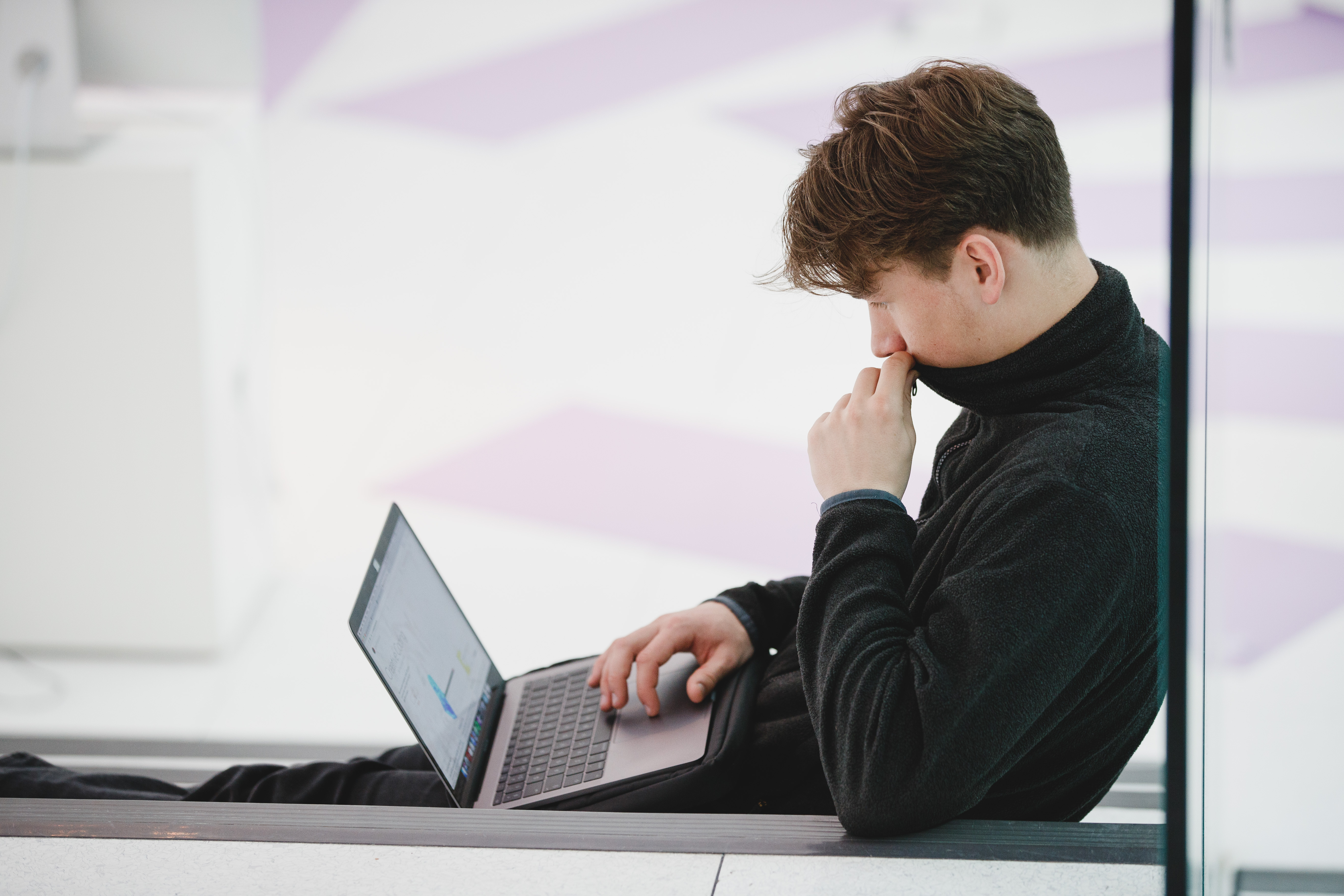

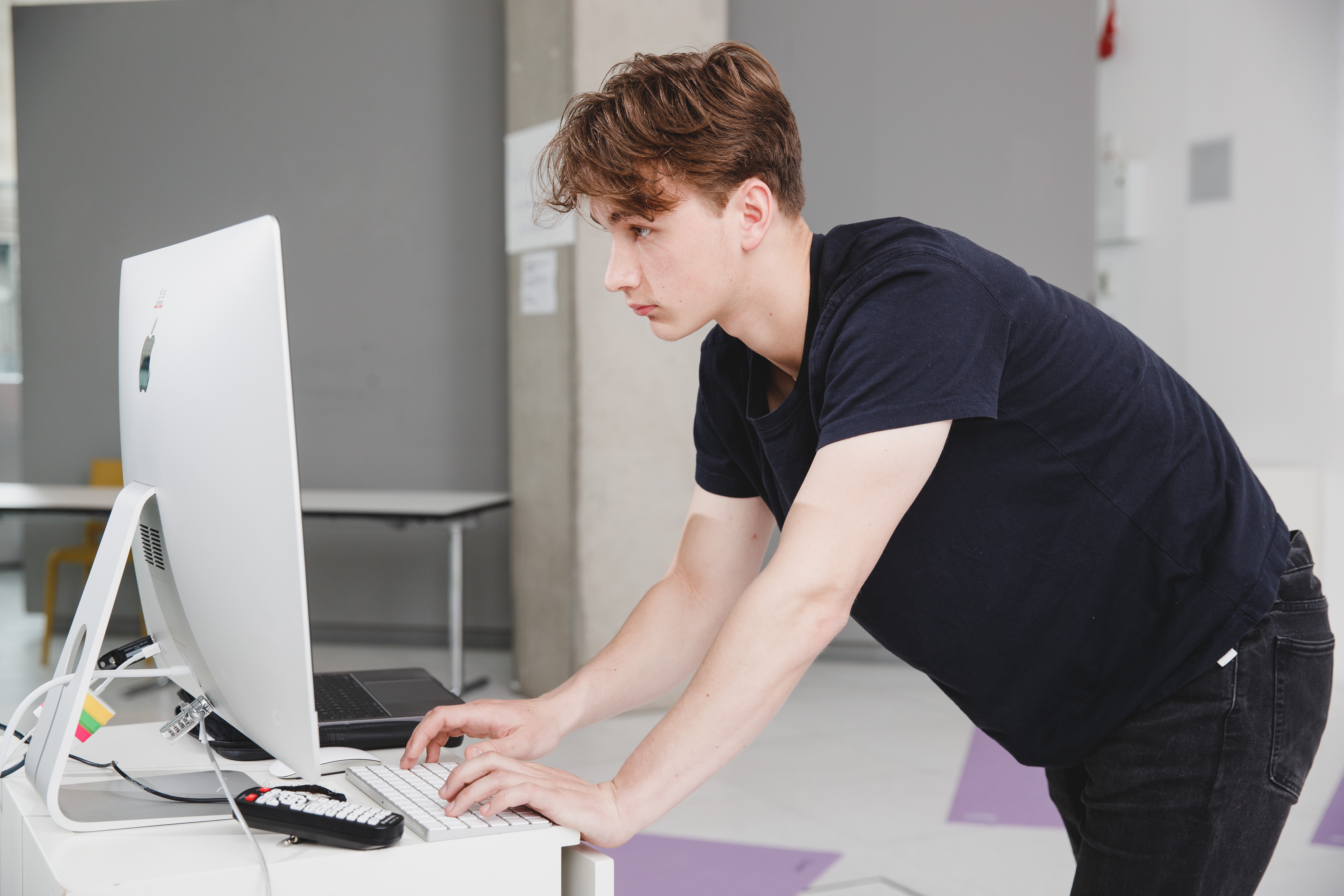


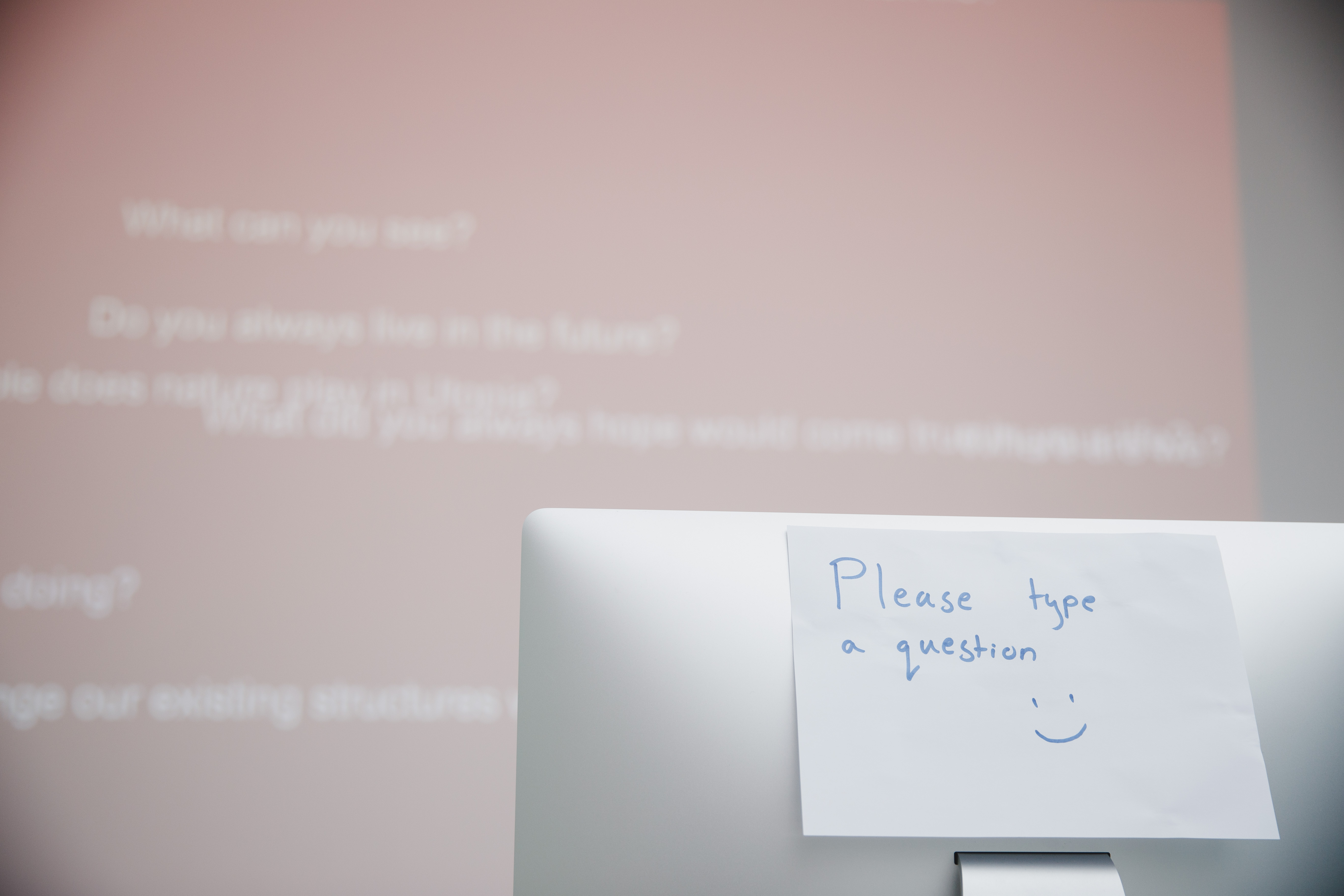
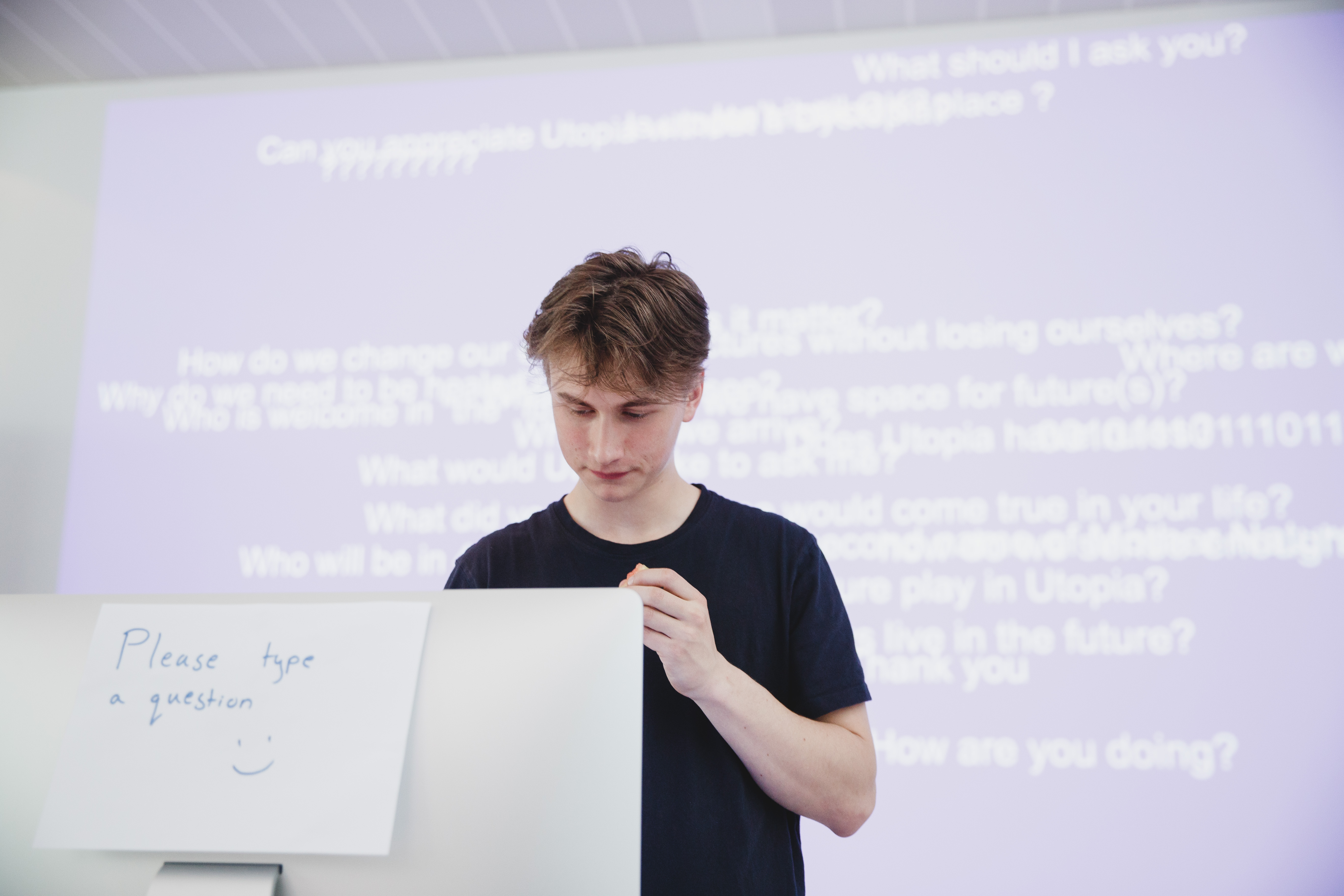
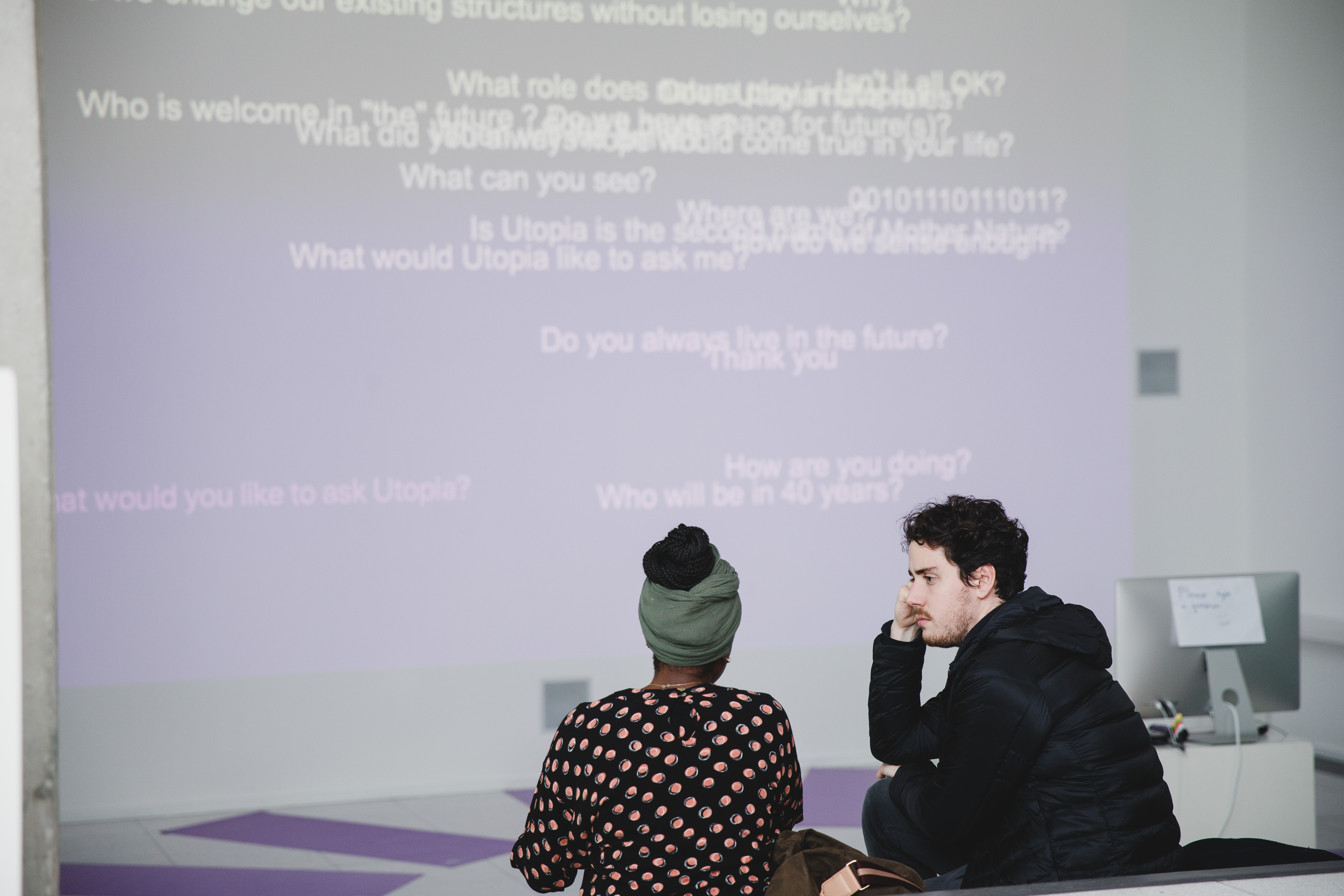

BSc Cognitive Science, 2015-2019, The University of Edinburgh
Claudia created this utopia comic with fellow Utopian, Vaida Plankyte.
She also shared this comic with us, called ‘existential crisis more likely than you think’. I suspect it is one of the many incredible creations in the journal that she keeps for recording thoughts, images, ideas and much more.
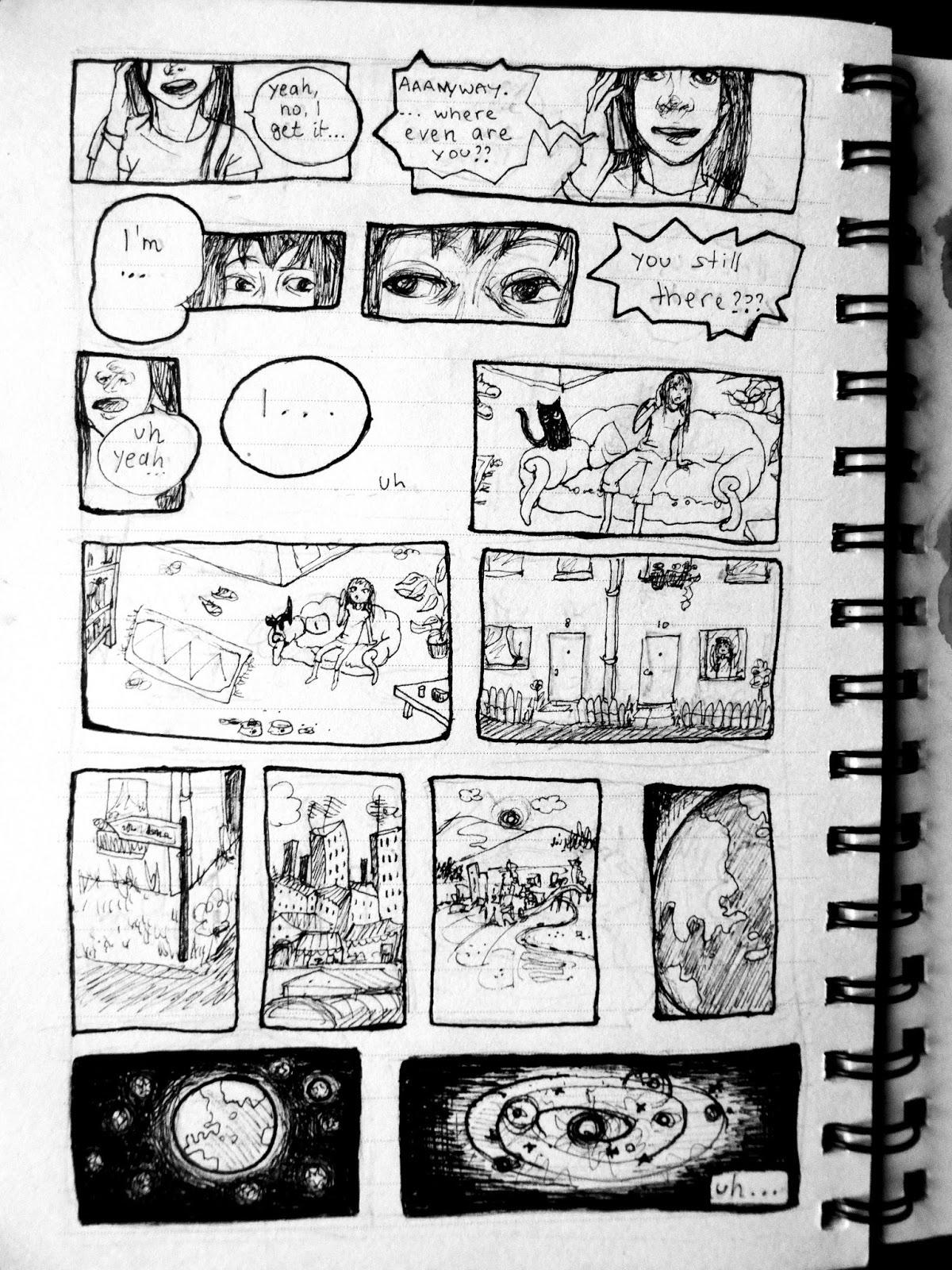
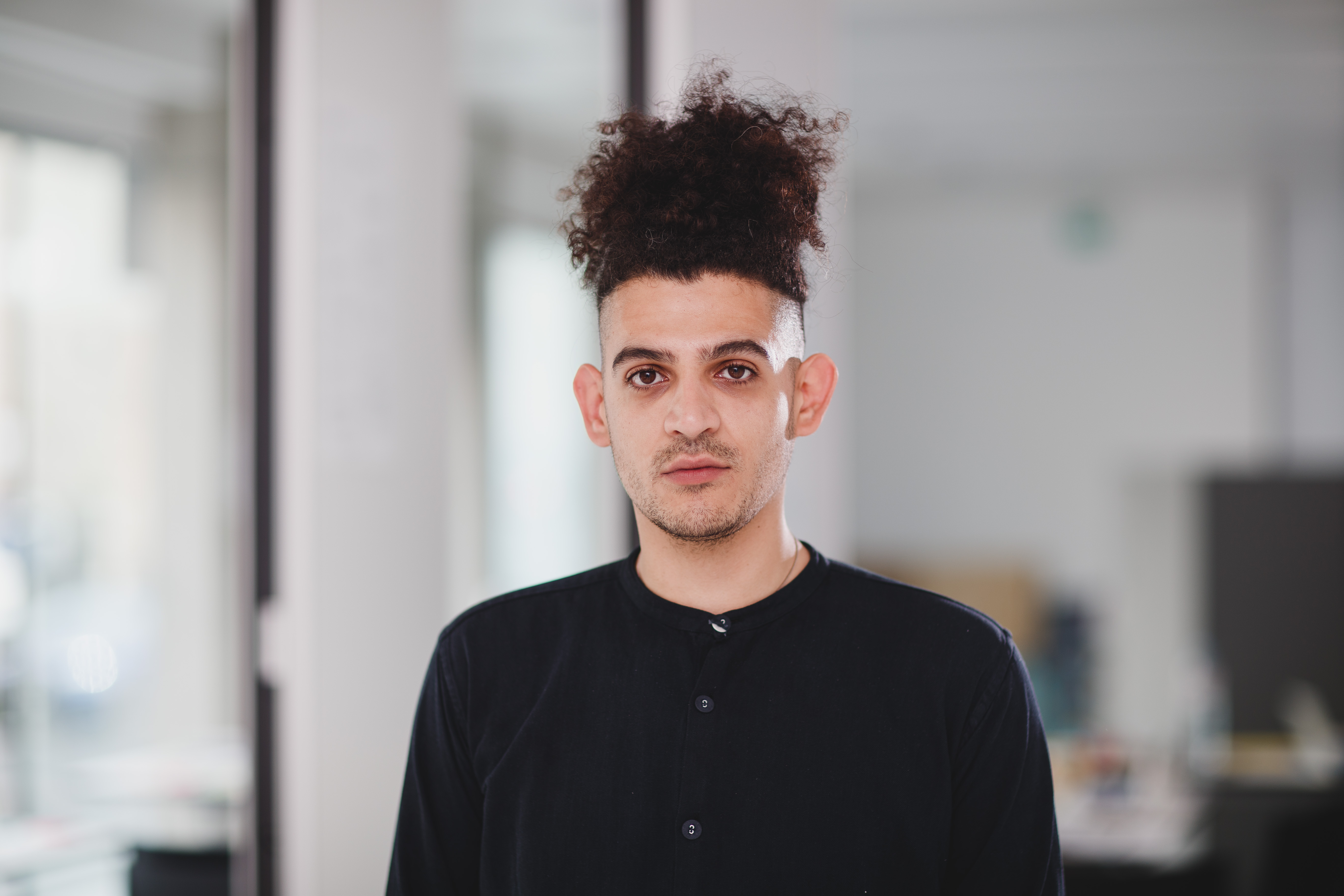
Sulaïman Majali is an artist and writer, at that time a resident at Talbot Rice Gallery as part of the Freelands Artist Program. Their past work includes assembly of the poets, a reading as part of EARTH HOLD, Qalandiya International/Serpentine Galleries; this scattering of minds like seeds, Kunsthalle Exnergasse Vienna/Transmission Gallery Glasgow; as if we were strangers, CCA Glasgow and Towards an Archive (Conversation B) at the 8th Cairo Video Arts Festival. They gifted this poem love letter to an incarcerated future as part of the Utopia Lab.

Riel Miller is the Head of Futures Literacy at UNESCO. He edited this book about improving futures literacy: Transforming the Future. He also shared these intriguing links with us:
https://www.youtube.com/watch?v=SBGuWa3MmLE&feature=youtu.be – a short Futures Literacy video
https://youtu.be/95EEEvhmWwU – Bayo Akomolafe speech, also his book : The Wilds Beyond our Fences
Transforming the Future: Anticipation in the 21st Century – YouTube
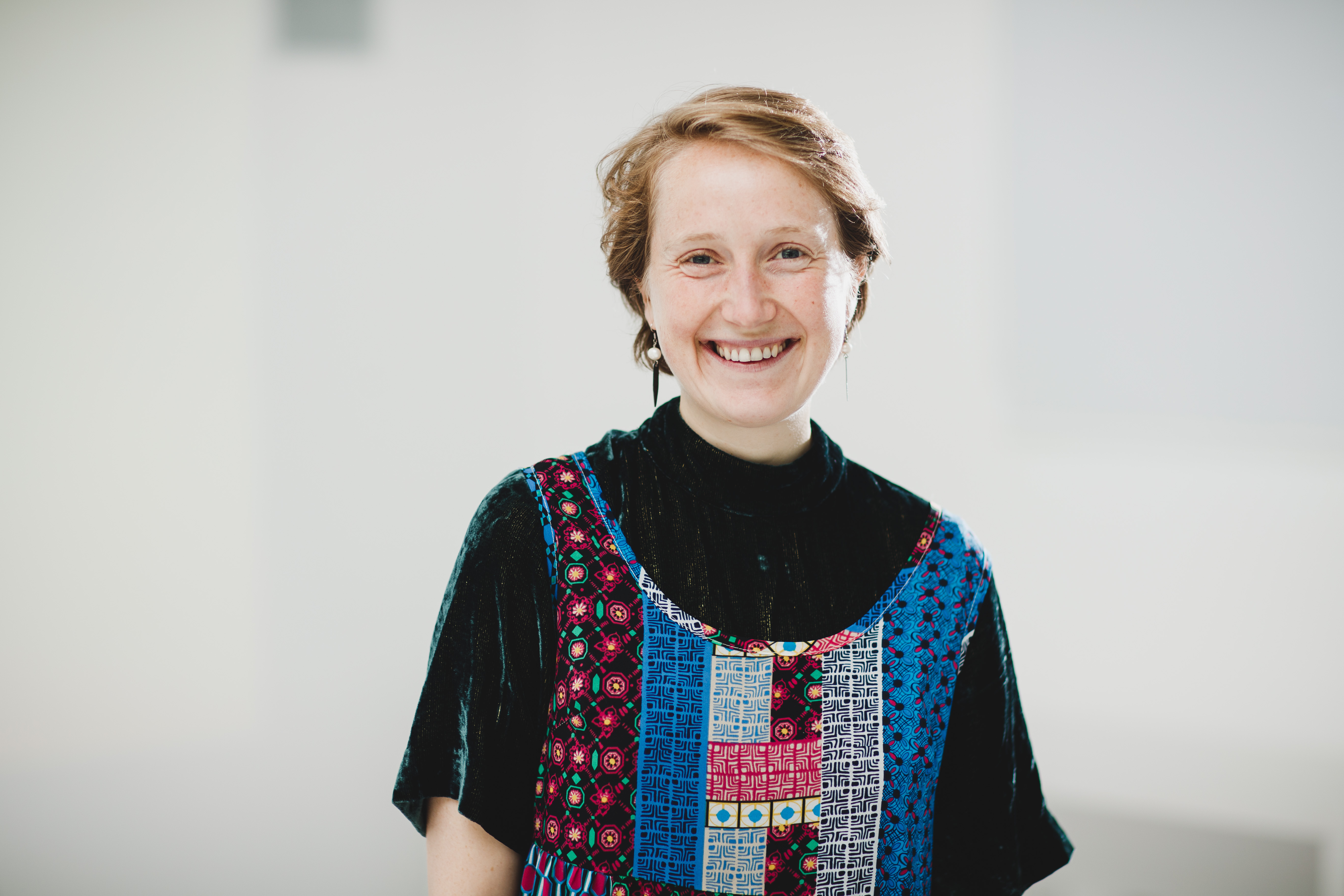
MSc in Environment & Development, The University of Edinburgh
Fleur wants to share this poem as a reflection of her experience of the Utopia Lab.
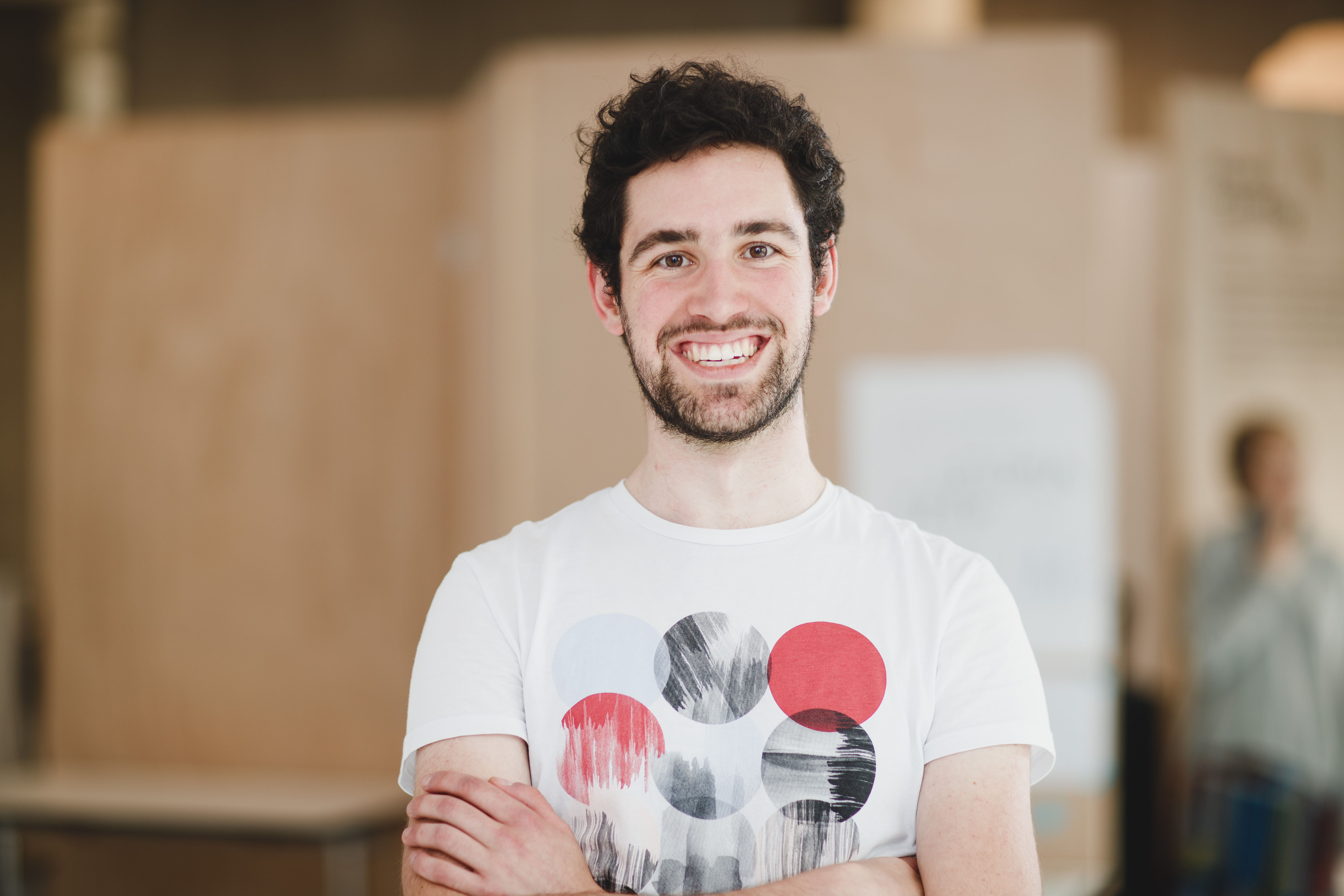
BSc (Hons) Ecological & Environmental Sciences, 2015-2019, The University of Edinburgh
Gabriele shared this film with us as part of the first day of the Utopia Lab.
‘For the course Geosciences Outreach & Engagement, I produced, filmed, and edited the following video for the Widening Participation programme: http:// www.teaching-matters-blog.ed.ac.uk/kids-like-me-a-widening-participation-videoto-encourage-equal-access-to-science-studies/‘

Artificial Intelligence and Computer Science, 2015-2019, The University of Edinburgh
Vaida created this utopia comic with fellow Utopian, Claudia Libbi.
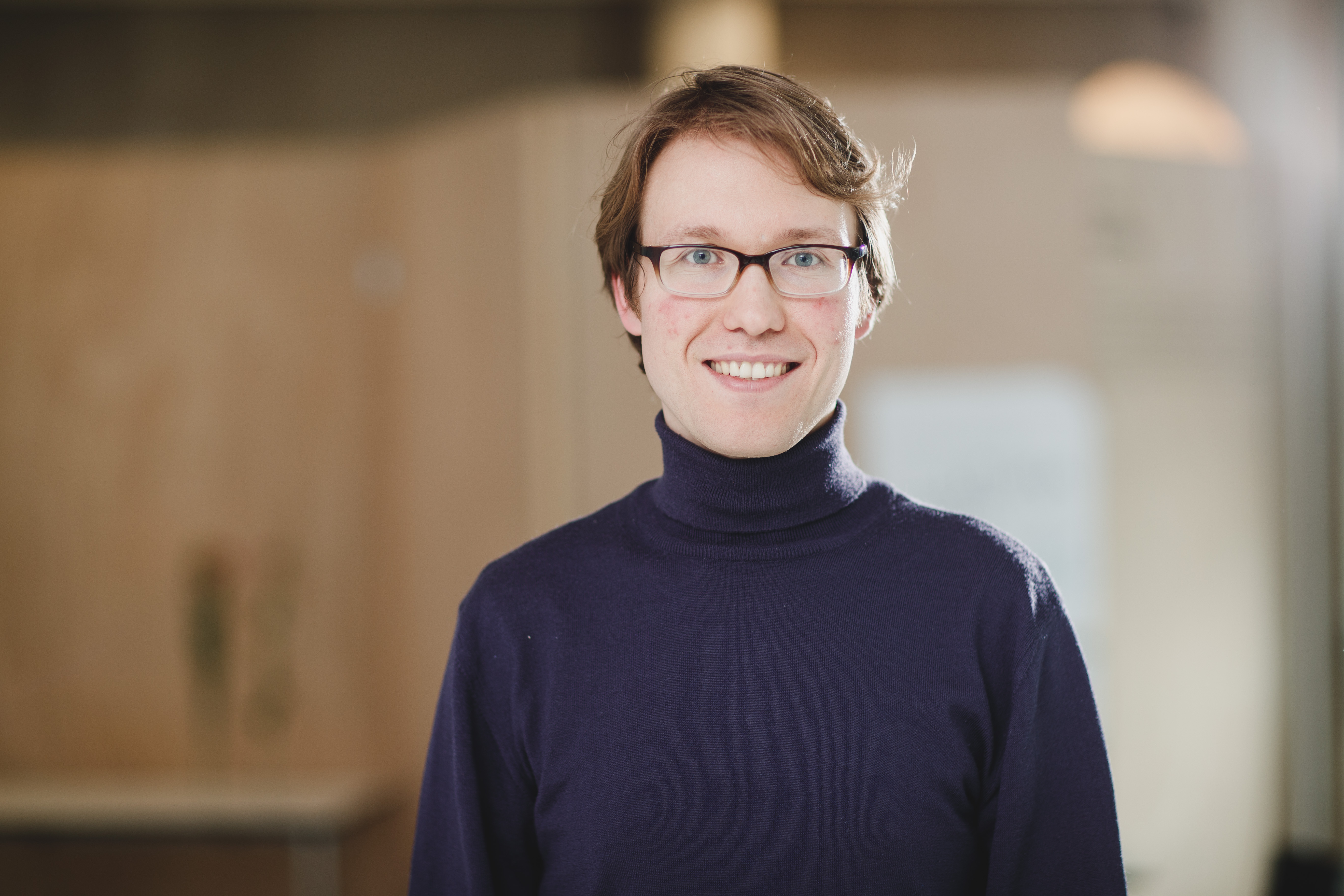
Postgraduate Research Student (PhD), Science Technology and Innovation Studies, School of Social and Political Science, The University of Edinburgh
Matjaz, or Mat as we call him in Utopia, created this image to capture his vision of utopia.


Jennifer dreamed up the Utopia Project and was over the moon to have the opportunity to design and facilitate this first Utopia Lab, which was even more amazing than she ever hoped it could be. She wrote this poem and shared it during one of the meditation sessions in Utopia.
